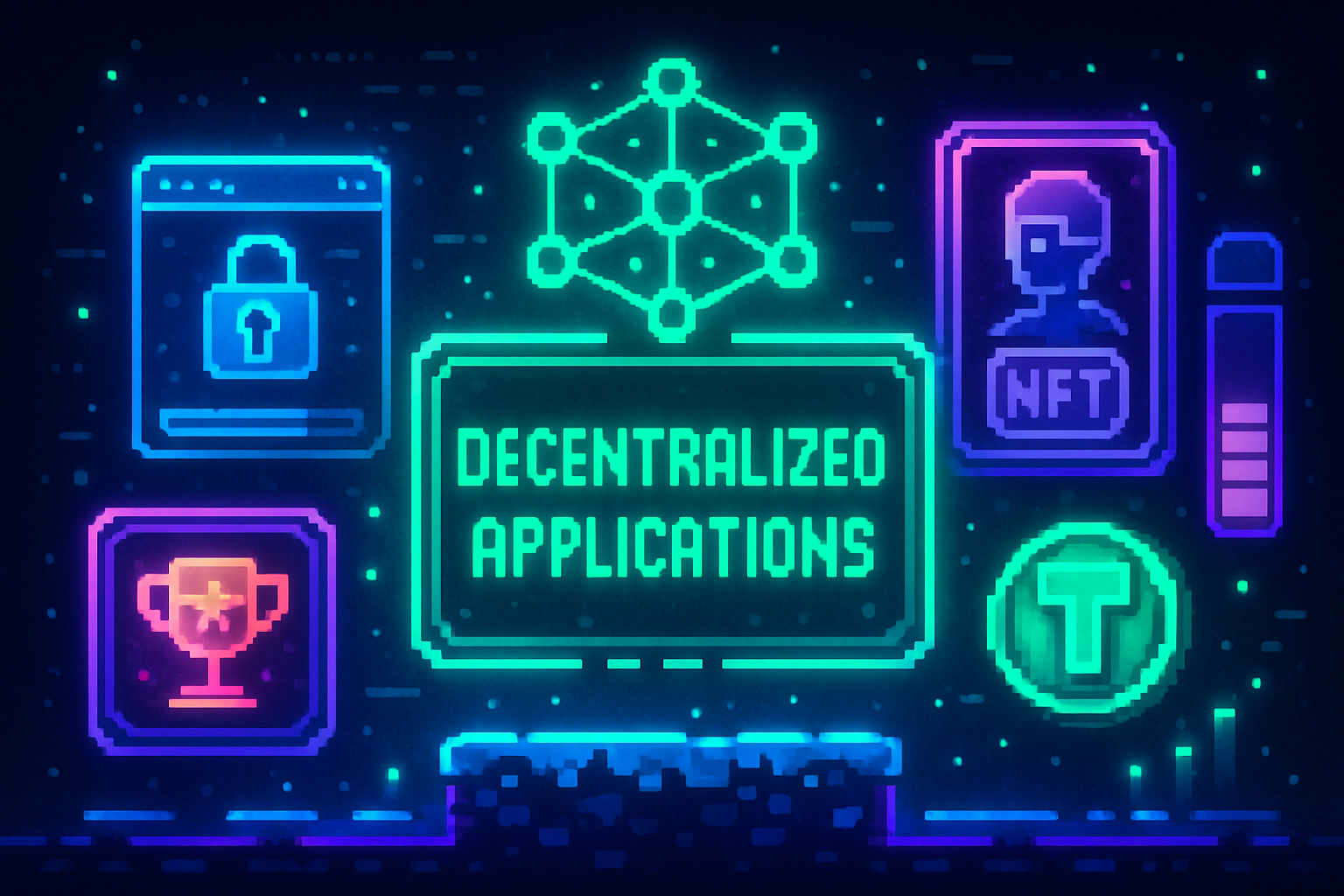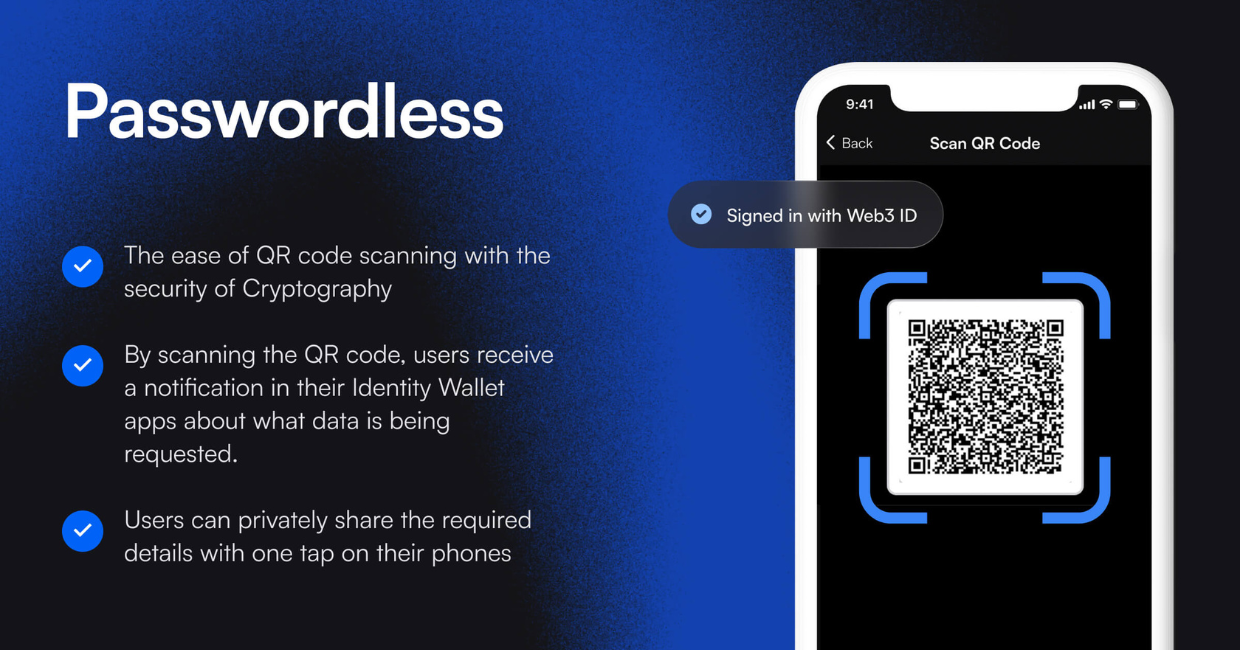
Web3 is all about composability, but for years, identity verification has been the stubborn bottleneck. Every time a user wanted access to a new DeFi platform, token sale, or gated community, it was back to square one: upload docs, wait for approval, rinse and repeat. Enter reusable onchain KYC attestations: the game-changer that’s letting users prove their identity once and unlock seamless access everywhere.

What Are Reusable Onchain KYC Attestations?
At their core, reusable KYC attestations are cryptographic proofs of identity verification that live directly on the blockchain. Once a user completes KYC with an approved provider, think Blockpass, zkMe, or Altme, a tamper-proof attestation is minted to their wallet address. No more uploading the same passport photo ten times. No more exposing sensitive info to dozens of databases.
This attestation becomes a golden ticket: any dApp or protocol that recognizes the standard can instantly verify the user’s compliance status without ever touching their personal data again. It’s efficient, privacy-preserving, and regulatory-friendly, a rare trifecta in crypto.
How Reusable Attestations Supercharge Allowlist Management
If you’ve managed an allowlist for a Web3 project or NFT drop lately, you know the pain points: manual reviews, high drop-off rates from lengthy onboarding flows, and constant anxiety over data leaks. With onchain attestations like those offered by OnchainKYCe. me, these headaches melt away.
- Frictionless onboarding: Users who already hold a valid attestation can join your allowlist in seconds, no forms or uploads required.
- Stronger security: Because credentials are cryptographically signed and stored on-chain, they’re nearly impossible to forge or tamper with.
- Simplified compliance: Platforms can automate KYC checks using smart contracts that reference attestations instead of handling documents themselves, reducing legal risk and operational costs.
This isn’t just theory; it’s happening now. Projects like Blockpass (with its BNB Attestation Service integration), zkMe’s zero-knowledge-powered solution, and Altme’s self-sovereign identity wallet are actively rolling out these capabilities across major chains. The result? Allowlist managers get peace of mind, and users get instant access without compromising privacy.
The Real-World Impact: Use Cases Across Web3
The benefits of reusable KYC credentials aren’t limited to token sales or NFT mints, they’re transforming all corners of decentralized finance:
- DeFi protocols: Instantly verify participant eligibility for regulated pools without storing sensitive data off-chain.
- DAO voting: Ensure only verified humans participate in governance while preserving voter anonymity via privacy-preserving attestations.
- P2P marketplaces: Build trust by showing buyers and sellers have passed rigorous compliance checks, without exposing their identities to each other.
This interoperability means users control their digital identity while projects slash onboarding times and compliance overhead. It’s not just more convenient; it’s fundamentally safer for everyone involved.
Privacy is finally being put back into the hands of users. Instead of scattering KYC documents across dozens of platforms, a single onchain attestation can grant access anywhere it’s recognized. This is a radical shift from the old model of siloed, centralized verification. Users keep control, and platforms can focus on building, not babysitting compliance workflows.
For allowlist managers and DeFi builders, the operational advantages are massive. With privacy-preserving KYC like OnchainKYCe. me or zkMe, onboarding flows shrink from days to minutes. Automated smart contract checks mean no more manual review bottlenecks or human error. Plus, the risk of data leaks plummets when you’re never storing sensitive user info in the first place.
Why Now? The Regulatory and Technical Tailwinds
The timing couldn’t be better. Regulators worldwide are tightening their grip on crypto, but they’re also recognizing the power of verifiable credentials and zero-knowledge proofs. Solutions like Blockpass’s On-Chain KYC® 2.0 and Chainlink ACE are making it easier for institutions to reuse compliance workflows across chains, abstracting away blockchain complexity without sacrificing trust or legality.
On the technical side, standards are finally converging. Schema-based attestation protocols let projects define exactly what “verified” means for their use case, whether it’s age, jurisdiction, or accredited investor status, without reinventing the wheel every time. Interoperability is no longer a pipe dream; it’s here, and it’s composable.
Getting Started with Reusable Onchain KYC Attestations
If you’re ready to ditch the old KYC grind, here’s how to get rolling:
Whether you’re an allowlist manager, DeFi founder, or NFT creator, integrating reusable KYC is now as simple as plugging into a standard attestation protocol and updating your onboarding logic. Most major providers offer robust APIs, SDKs, and documentation to make this transition painless.
Looking Ahead: The Future of Decentralized Identity
Reusable KYC attestations are just the first step toward true digital self-sovereignty. As privacy-preserving tech continues to mature, expect to see even richer attestations, think employment history, credit scores, or DAO reputation, all verifiable onchain and under user control. The days of handing over your identity to every new app are numbered.
Want to go deeper or see how these tools fit into your own workflow? Check out our guide on how onchain attestations solve repeated KYC in Web3 for practical tips and integration strategies.
Web3 is finally getting an identity layer that matches its ethos: open, user-controlled, and interoperable. If you’re still managing allowlists the old way, it’s time to upgrade. The future of compliant, frictionless onboarding is already here, and it’s onchain.






